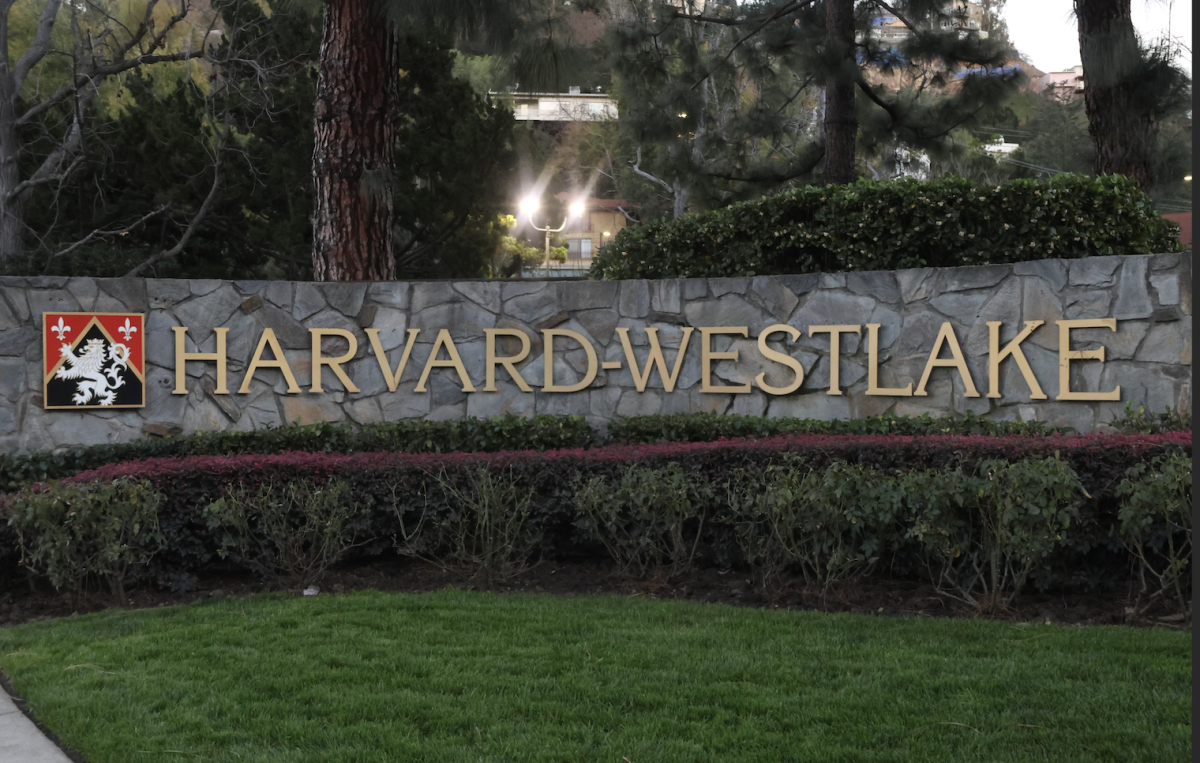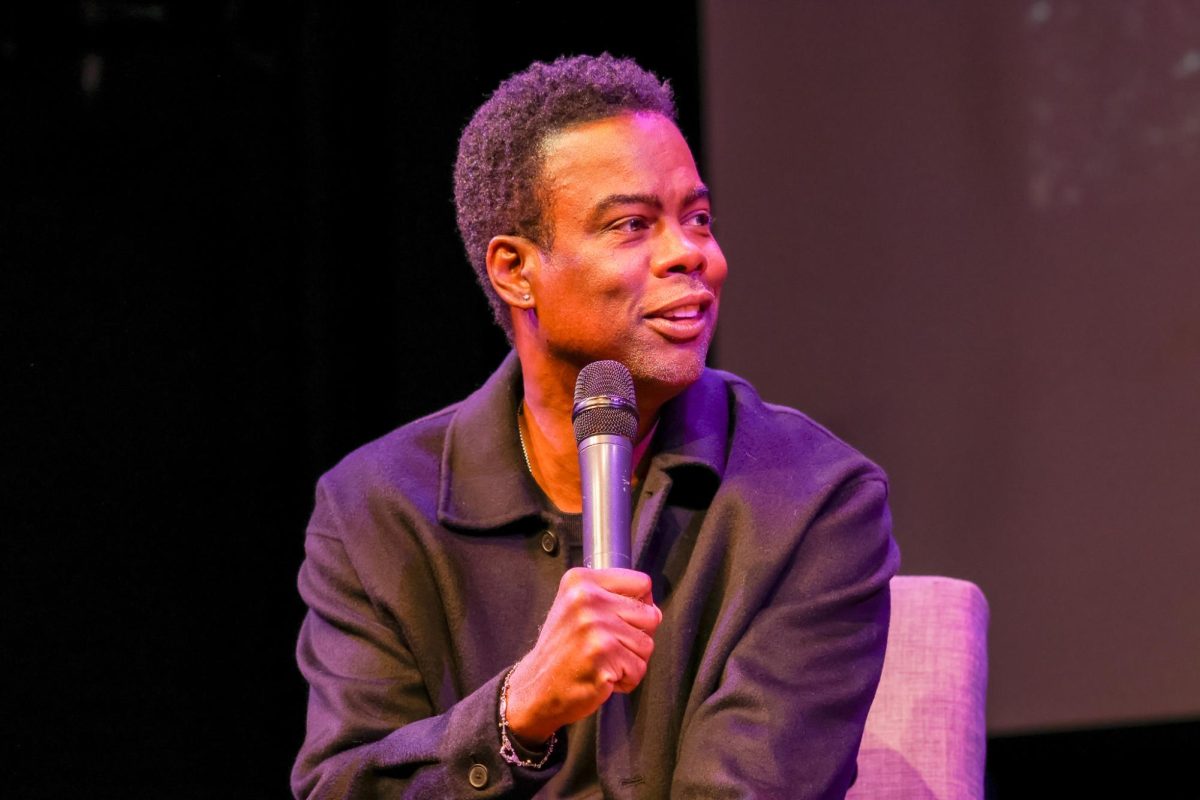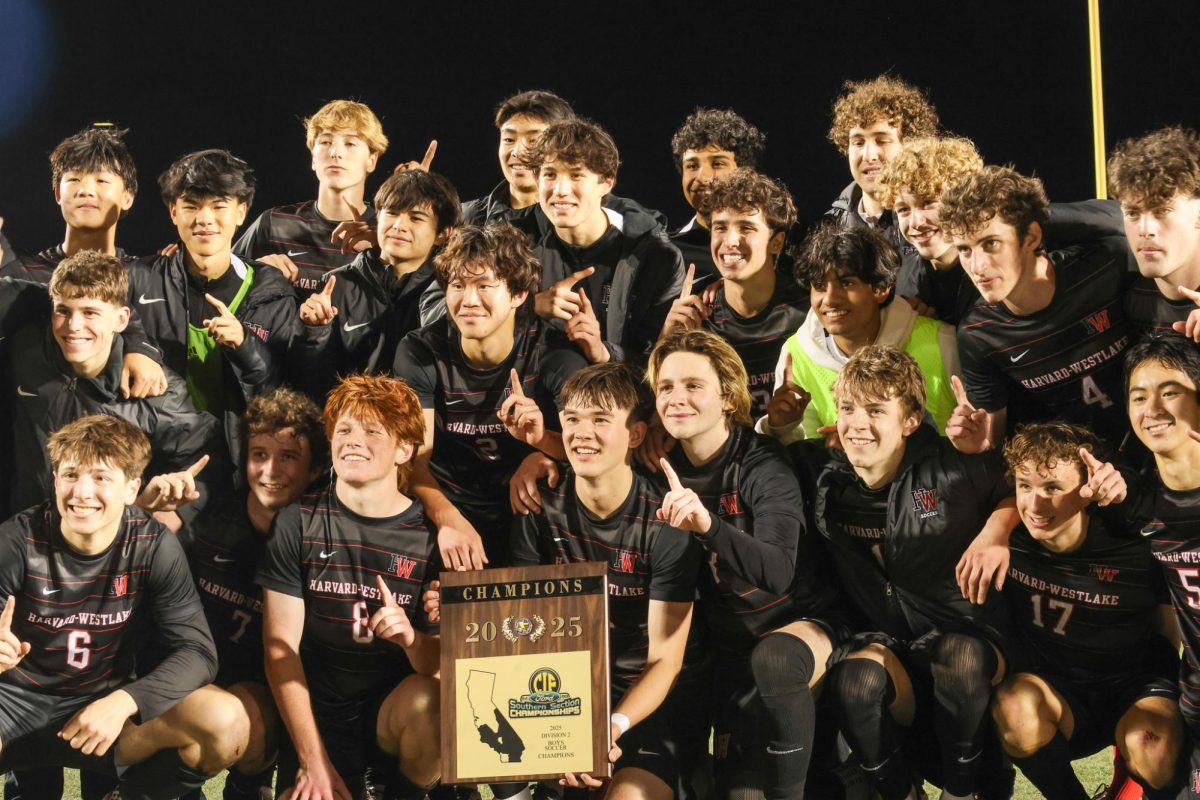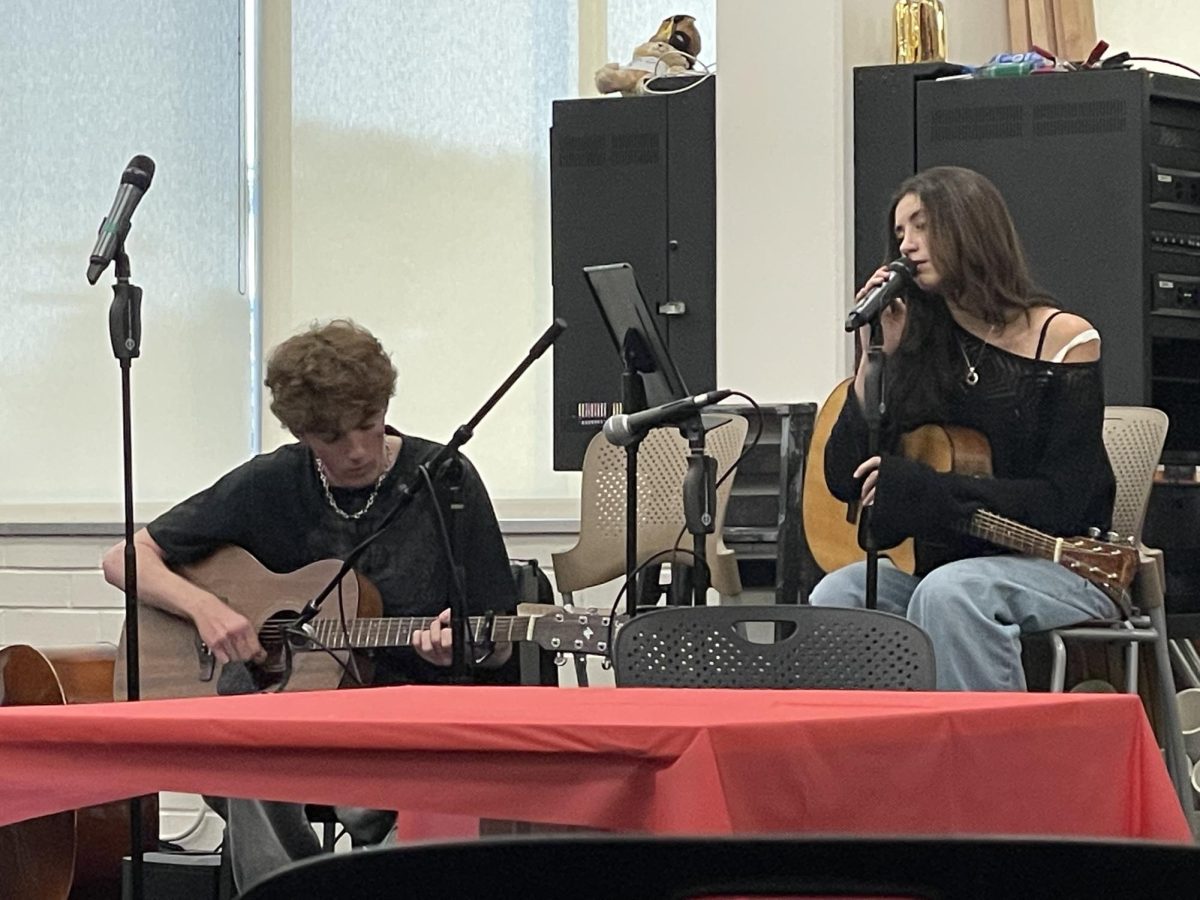The administration is contemplating how to regulate the recent surge in popularity of the anonymous app After School.
The app is similar in nature to Yik Yak and What’s Goodly, which were banned on campus in 2014 and 2015 respectively.
Once downloaded, the app asks for access to the user’s Facebook account, location services and contacts.
Obtaining select phone numbers from these contact lists, the app sends out text messages that promote the app and include a link to download it.
The anonymity of the app allows students to post messages and pictures, create polls and write comments without fear of repercussions.
“A lot of people will say things behind a computer screen because they think it is safe, but this takes it a step further because it is anonymous so you can say whatever you want, which can be very dangerous,” Kyle Hearlihy ’19 said.
Deans have already received concerns from students regarding the usage of the app on campus.
“Without knowing more about it, if it is in the vain of Yik Yak, then I certainly think we probably should look at some geographic barrier,” Upper School Dean Sharon Cuseo said.
Daniel Arriaza ’19 said that the app has the potential to both invade the privacy of its users and to cause harm to students.
“I think it puts pressure on us when we are already so full of anxiety at school, so when we leave we shouldn’t be worrying about this,” Arriaza said. “It puts more stress in an environment that is already stressful enough. Even if it seems like a positive thing, people can be cruel or malicious and can start choosing people to make fun of.”
Because of the negative feedback, Assistant to the Head of Upper School Michelle Bracken questions whether or not students should use the app on campus.
“I don’t think it’s appropriate to be at school,” Bracken said. “I think at school we’re here to learn, and certainly there’s a social aspect of what we do, and so we should be having social interactions. But I do think that because they cause people harm and they can be harmful, the school does have a responsibility to say ‘I don’t think that’s appropriate’.”



































